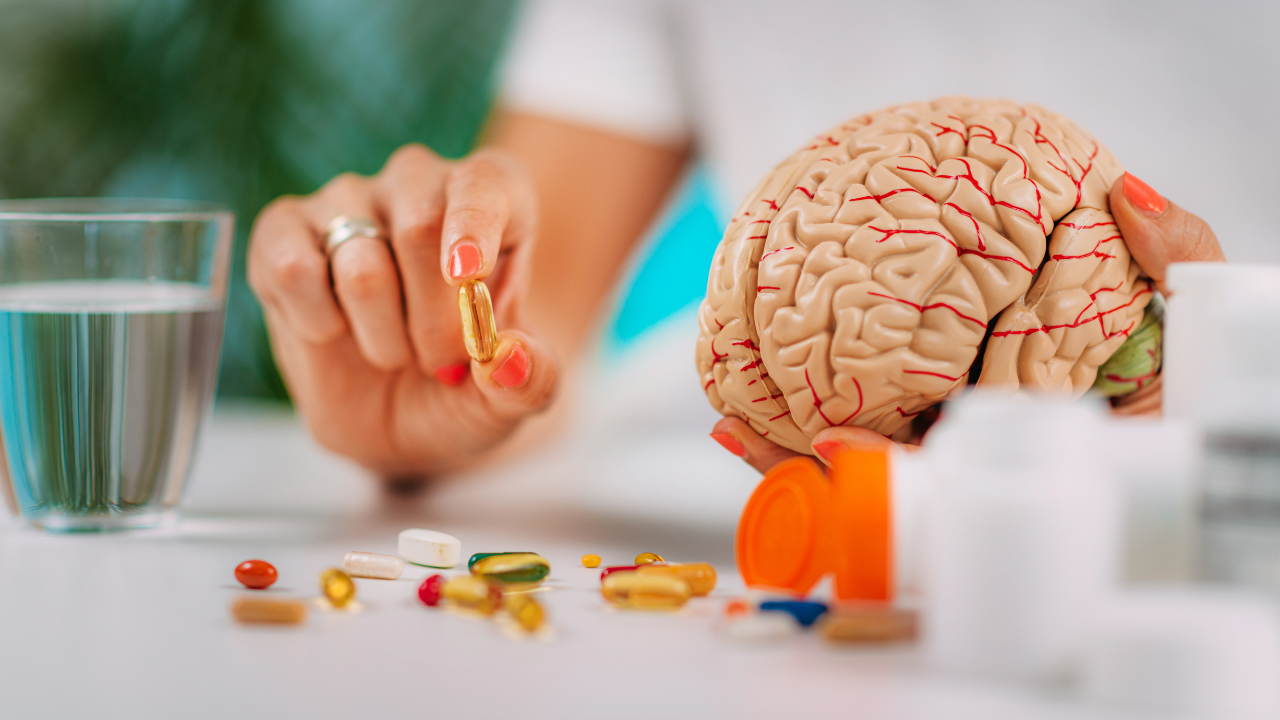
Jessie Inchauspé clarifies that eggs, rich in nutrients, aren't detrimental to heart health despite their cholesterol content. She emphasizes that glucose dysregulation, leading to small, dense LDL particles and inflammation, is the primary concern. Reducing sugar intake is crucial to mitigate these factors and lower the risk of heart disease, shifting the focus from cholesterol-rich foods.
Eggs have been a breakfast staple for generations. Packed with protein, essential vitamins, and minerals, eggs are a nutritional powerhouse, but do they harm your heart? French biochemist Jessie Inchauspé, author of the bestselling books Glucose Revolution and The Glucose Goddess Method, has weighed in on whether eggs harm the heart.
Inchauspé, who is known for her evidence-based approach to nutrition, has detailed the real impact of eggs on heart health.Eggs are a nutritional powerhouse

“I eat 3 to 4 eggs a day... and I know what you're going to say: ‘Aren't eggs bad for your heart?’ So let's set the record straight: eggs are amazing!” she said, in a video shared on Instagram.Eggs are nutritious. An egg contains 78 calories, 6 grams of protein, and 5 grams of fat.A single large boiled egg contains:
- Vitamin A: 8% of the DV (daily value)
- Folate: 6% of the DV
- Pantothenic acid (vitamin B5): 14% of the DV
- Vitamin B12: 23% of the DV
- Riboflavin (vitamin B2): 20% of the DV
- Phosphorus: 7% of the DV
- Selenium: 28% of the DV
- Eggs also contain decent amounts of vitamin D, vitamin E, vitamin B6, calcium, and zinc
Are eggs bad for the heart?

People tend to associate eggs with heart disease due to their cholesterol content. According to the biochemist, the cholesterol in eggs does not pose a significant risk to cardiovascular health. “Cholesterol in eggs is not damaging,” she said, adding that one does not have to be worried about eating eggs.
“I have eggs every single day. There doesn't need to be a limit on how many eggs you consume.”Inchauspé notes that the culprit behind heart disease is not the eggs, but the glucose dysregulation. “So there are a few different hypotheses in the world of heart disease, but now things are starting to get a bit clearer. It's a two-factor approach. The first factor for heart disease is small, dense LDL particles of cholesterol.
The second factor for heart disease, inflammation and oxidation of particles in your bloodstream,” she explained.
Eating an egg a day: Is it good or bad for your heart?
What can be done

For centuries, eggs have been looked upon with doubt due to their cholesterol content. However, now the focus has shifted to managing blood sugar and reducing inflammation rather than avoiding cholesterol-rich foods.In order to reduce heart disease risk, the scientist recommends cutting back on sugar intake. “So, how do we avoid having unhealthy fats in our blood, and how do we avoid oxidation? The first thing we need to do is reduce sugar because sugar and high insulin, and high glucose levels, and fructose in the body will make both of those things worse. It will prompt your liver to produce small particle LDL, and it'll oxidize particles in your bloodstream,” she said.

 12 hours ago
1
12 hours ago
1






 English (US) ·
English (US) ·